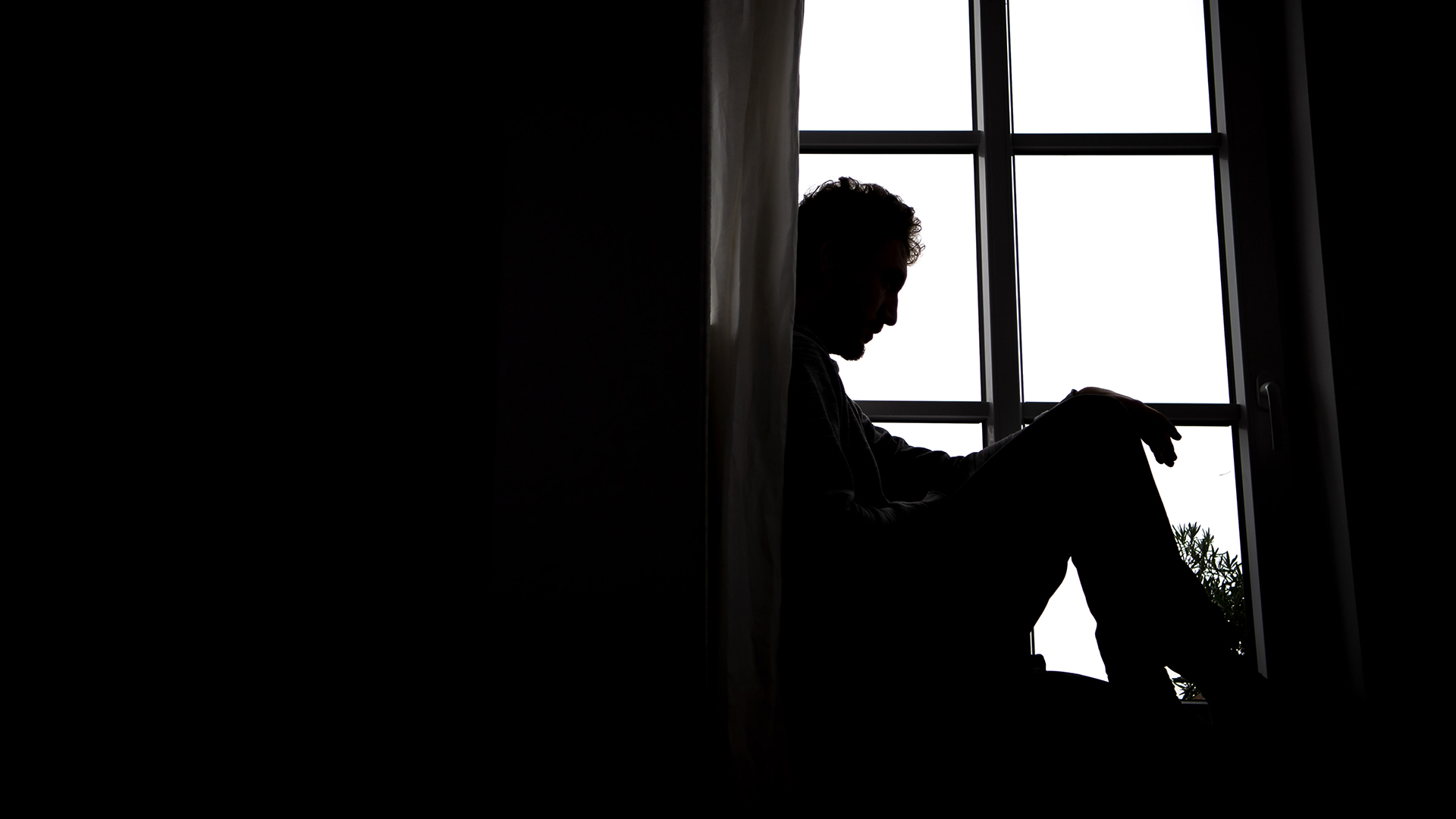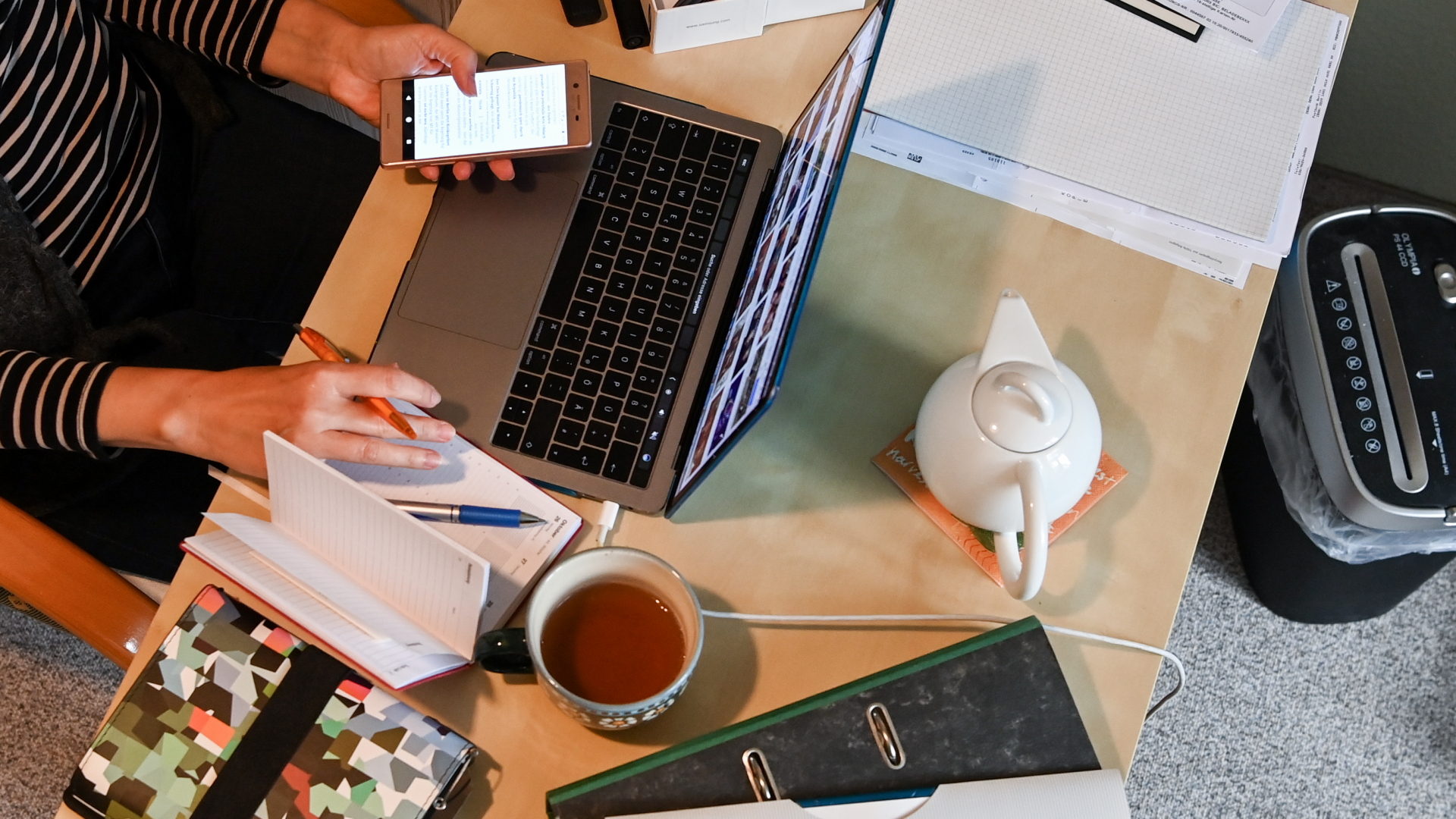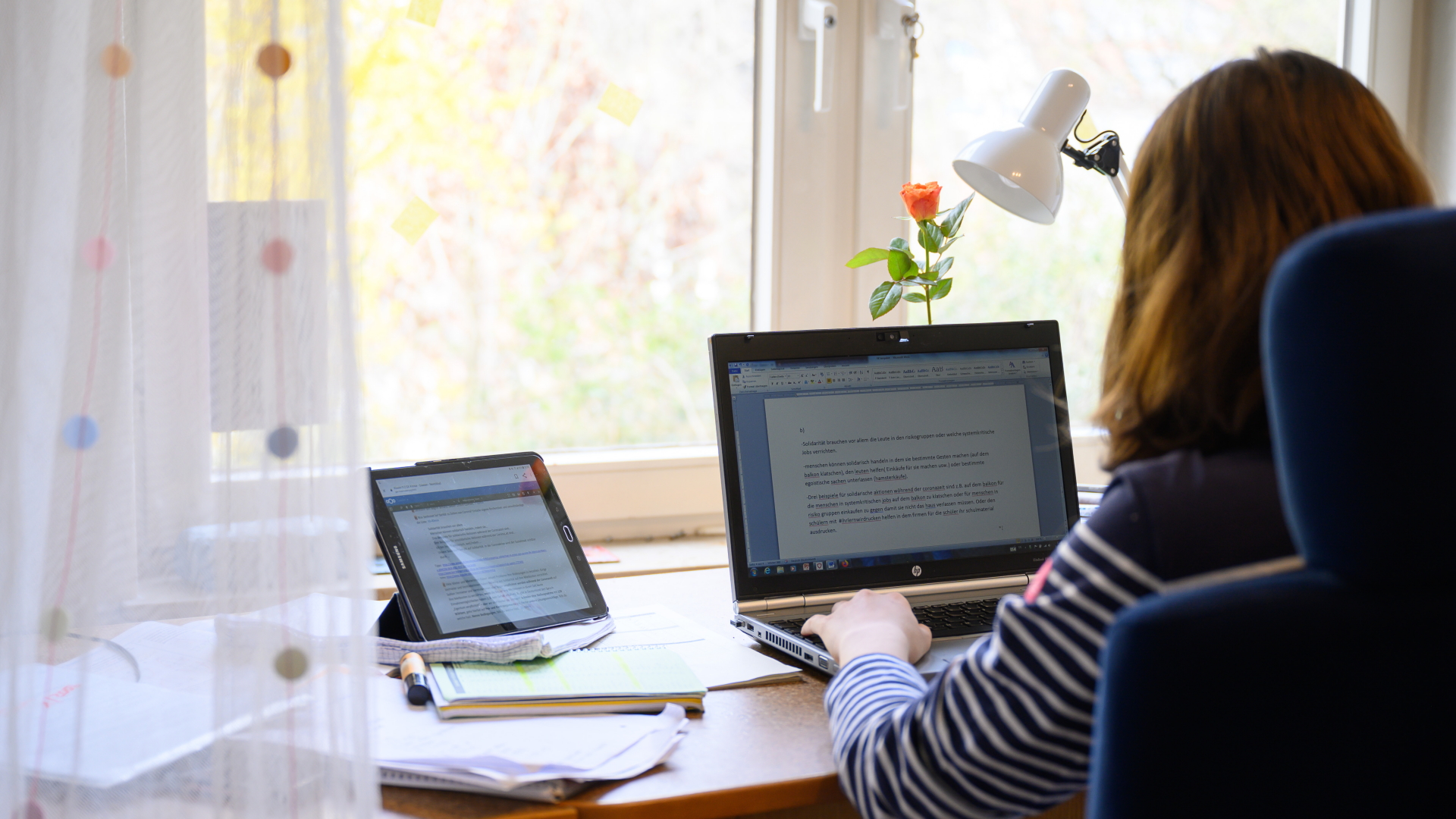
Change due to the corona crisis How the pandemic is changing the way we work
Status: 13.06.2021 3:42 p.m.
Fewer new infections, many vaccinated people and the imminent end of the obligation to work from home: in many companies, the return to the office is foreseeable. How much of the pandemic’s day-to-day work will be retained? From Peter Sonnenberg, SWR How should one put it when a terrible event like a pandemic also brings welcome and sustainable changes with it? Covid-19 brought sickness and death, unemployment and poverty, limitations and loneliness. However, the pandemic also led to progress in the world of work that was not thought possible, which without the virus would not have been conceivable or would only have been possible much later. “Before the pandemic, I sat in the car for three hours on the days I had to go to the office,” says Paula Widmer. That is bad for them and the environment. The 28-year-old is Internal Communication Manager at Schott in Mainz, but she lives in Heidelberg, a hundred kilometers away. Even before Corona, she sometimes worked at home. So she didn’t have to set up an office there first. She could just stay at home and do the many international switching conferences with the foreign locations from there. For her, working from home is a gift, and she hopes that her employer will continue to give employees this opportunity. However, she would like to see her colleagues a little more often and would like a mix of home and in-office.
Corona pandemic Altmaier wants to relax the home office requirement Altmaier wants to gradually reduce the obligation of employers to offer home offices.
Corona as an accelerator
That is exactly what the future will be, assures work researcher Jutta Rump. “Corona was the burning glass, the fire accelerator for the development towards virtual work and communication,” she says. Many business trips were unnecessary in the past. You can now see who can work from home without sacrificing productivity. And most people would like the empty sky, empty streets and trains anyway. Corona has interrupted the usual processes for many people – and also called them into question. “When things go well, changes are difficult, that’s why digitization went so slowly, our workplaces hardly changed – and we have had ten years of partying in which no one wanted to change anything,” says the professor for international personnel management and organizational development. It was only the “external pandemic factor” that showed what was different and what was better, explains Rump. But the researcher also predicts a partial return to old habits. “We won’t go from one extreme to the other, no more business trips, just online conferences, but maybe only half as much of everything. People want the positive out of both, a healthy amount of everything.”
Corona and the psyche Does home office make you sick in the long run? Mental illnesses are also on the rise in the pandemic.
No need to work in new ways
But not all of them can or want to be part of this new world of work. “I also missed setting up a nice study,” says Daniel Brixius. “But I don’t have far to go to the office, and I have two small children at home. I’m better at flow at work.” The marketing manager was mostly with the company even during the pandemic. A hygiene situation has been created there for colleagues who prefer to work in the company, which makes this possible. His colleagues in production couldn’t stay at home either, for nothing has changed for them. He is happy if the workplace situation remains flexible in the future, but more so for his colleagues. He himself feels more comfortable in the office, especially when a few more colleagues come again. And they don’t even have to all have their fixed desks.
Impact study on GDP Home office lowers Economic performance According to a study, the home office effect could tear a hole of 15 billion euros in German gross domestic product this year.
Companies have to offer flexible forms of work
Work researcher Rump calls these hybrid models. Anyone who wants to remain fit for the future as a company must offer flexible forms of work and also communicate virtually. Work-life balance is becoming more and more important to employees. If you have nothing to offer, you have to give an applicant a good reason. That is why the sectors with a shortage of young talent and skilled workers are driving the transformation that has begun. “But the whole business world will change faster with Corona than it would have done without it,” says Rump. “Retailers are becoming online retailers, virtual business processes run much faster than analog processes, and e-commerce and artificial intelligence also intervene in logistics and production.”
Expect new elbow mentality
But not everything is great, she points out. The “we-feeling” in the teams suffers when colleagues hardly meet, and the solidarity that was felt for one another during the pandemic will give way to a new elbow mentality. Because before that the coffers were full, the markets were distributed. Now both the state pots are empty and the reserves of many companies have been used up. But now, it is said, is the time to invest in order to stay “up to date”. “I fear a stronger global distribution struggle for a smaller cake and therefore less consensus,” said the professor.
Office towers in Manhattan The long way back to the office In Manhattan, companies can bring their employees back to the office after certain conditions have been lifted.
“Team spirit is more likely to arise when working in the office”
Nina Moyer does not fear that for the special glass manufacturer Schott. She is responsible for the company’s global talent management and now feels, on the alleged home stretch of the pandemic, internal joy and gratitude of the employees towards the company, which is getting through the crisis well. “But I am also convinced that we shouldn’t keep everything we’ve done in the past 18 months. In my opinion, the right spirit and team spirit is more likely to come about when working together in the office.” But you have learned a lot across all departments, says the HR manager. “Today we can make meetings much more compact and effective and realize that you don’t have to fly around the globe for every meeting, a lot goes online. After the pandemic experience, we appreciate the encounter, the togetherness in the office, much more – it used to be Of course. Never before have so many colleagues asked whether the summer party will take place again this year. ”
Legal problems Home office compulsory? Legally difficult Right to work from home? Sounds simple, but it is legally complex. Answers to important questions.
Mix as the best model
The labor scientist Rump also says that the mix will be the best model. As practical as home office is for many, it is even physically restrictive. You look at a monitor all day and hardly move. “Most people work more effectively at home, hardly take breaks, forget which day of the week is because every day appears the same. Who can handle it?” And with it, it also answers the question of whether employees work well in the home office or just mow the lawn. “Anyone who does not work properly in the home office has shit their employer in the office beforehand and slipped away where he could.” It is important that the new world of work is created together with the employees. Surveys have shown that there is a great desire to be able to choose – between the more conventional or the new way of working.

























































 05/25/2021
05/25/2021 04/28/2021
04/28/2021 05/26/2021
05/26/2021 05/19/2021
05/19/2021 FAQ 01/12/2021
FAQ 01/12/2021



You must log in to post a comment.